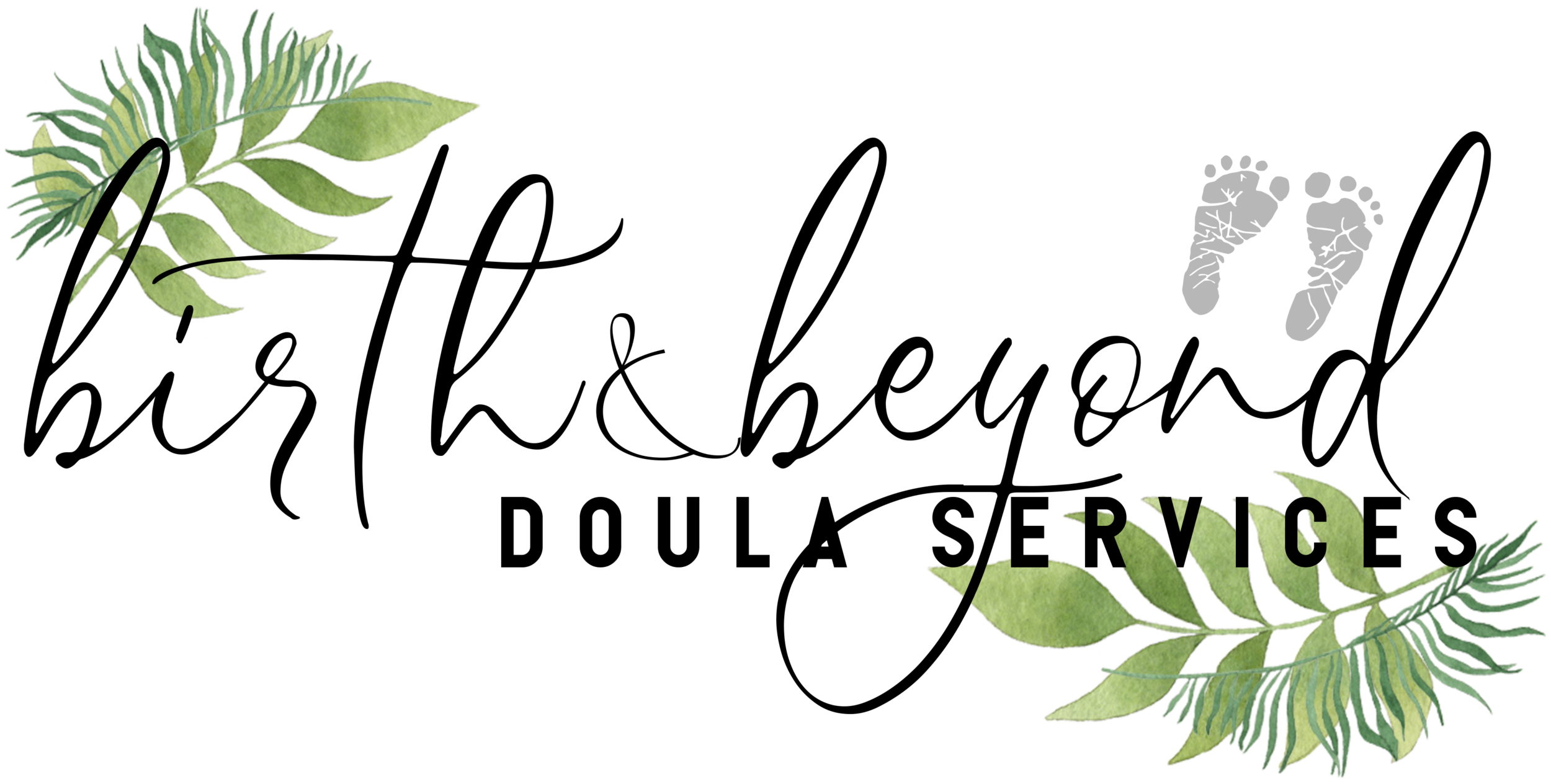Parenthood often brings challenges, and one of the most difficult can be dealing with anxiety. As caregivers, we may find ourselves preoccupied with concerns about our children’s future, happiness, and the challenges they may encounter. However, it’s important to recognize when our anxieties affect our children, potentially influencing their well-being and outlook.
Read MoreA postpartum doula provides essential support to mothers and families, especially during the vulnerable postpartum period. They focus on the emotional and physical well-being of the mother, often filling in the gap between medical care and family support. Their role is unique—different from that of a nanny or a midwife. They are there to help the mother recover, learn baby care, and adjust to the new family dynamics.
Read MoreFatigue is a common challenge among parents of special needs children. Raising a child with a disability can be both physically, emotionally, and mentally exhausting, leading to a profound sense of tiredness that no amount of sleep can resolve. What’s more, the immense love these parents have for their children often drives them to put their own needs on the back burner. However, parents must remember that they, too, need care and nourishment to sustain their role as effective caregivers. In this article from Birth and Beyond, we’ll help you assess your level of personal fatigue and create a self-care plan to rejuvenate your well-being.
Read MoreFor those of us who have been stigmatized by the medical system for our weight, it can be really embarrassing to go to a regular obstetrical provider once you find out you are pregnant. Some providers assume you already have health complications and some will be vocal about the pregnancy complications “you will have since your BMI is higher.” Some providers will tell you that you need a c-section at your first appointment because they assume you aren’t able to push your baby out vaginally.
Read MoreA soon-to-be stay-at-home parent is an influential figure in their own home, and they have the potential to make money for the family (if parenting isn’t enough!) If you’re interested in starting your own home business, this information from Birth and Beyond Doula Services will help you get started.
Read MoreIf you’re a parent, one of the scariest things you can face is your baby having a fever. It can be difficult to know what to do and how to best take care of them, particularly if it’s your first time as a parent. In this blog post, we’ll look at how to be best prepared for when your baby has a fever and talk about the best approaches for managing their temperature and getting them comfortable and back to health.
Read MoreSurveys indicate that nearly one in eight people have a disability. Thanks to the internet, there are more ways to find out how to take care of your child while you have a disability and discover all sorts of resources. If you’re expecting a little one soon, here are some tips from Birth & Beyond Doula Services on how to prepare.
Read More
You learn all about what to expect during pregnancy, labor, and childbirth – but why does no one talk about the fourth trimester and the physical changes that happen during the immediate postpartum period? Whether you’ve had a vaginal birth or a cesarean birth, you will experience some degree of postpartum bleeding, also called lochia.
Read MoreHaving perineal pain during your postpartum period is common. Tenderness and soreness are the two main descriptor words I hear my postpartum doula clients use. Luckily, there are things that you can do at home to ease this tenderness and soreness as your body begins to recover and heal from birth.
Read More“My care provider told me that I can’t consume my placenta.” A phrase I hear all too often. The reality is, placenta encapsulation and consumption isn’t standard practice and it never will be – so care providers are confused by it, and often want to discourage you from consuming your placenta.
I’d be a terrible placenta encapsulation specialist if I told you placenta consumption was for everyone and that there are absolutely no contraindications. I’d also be a liar, and that’s one thing I’m not! I’d like to note one thing: it is illegal in all 50 states to prevent a parent from bringing home their placenta. Now onto contraindications…
Read More
We get it. Newborns are fantastic creatures. They’re sweet, snuggly, and they smell brand new. They don’t talk back, and they have the cutest facial expressions. It is completely understandable that you want to have all the baby snuggles you can when a family member or friend has a tiny human. Sorry to burst your bubble – buuuut, when a close person has a new baby, it’s not about you. Sure, have all the baby snuggles you want (with permission) …but, make sure to follow these 10 rules:
Read MoreWhat is a postpartum doula? A calming and easy to get comfortable with companion, your postpartum doula helps with infant and childcare, meal preparation, makes sure you’re getting enough rest, keeps up on light housekeeping, and even offers breastfeeding or bottle feeding advice if you want it. The list of tasks within her scope are very broad, kind of like a fantasy-best-friend-slash-dream-mother-in-law who comes to look after you and your family—minus all that friends and family opinions and judgment.
But there’s more…
Read MoreHere’s a topic that stinks. Poop. More specifically, the first poop after you give birth. You have questions and you don’t know who or how to ask. What’s that first bowel movement after birth really like? Will it feel like giving birth again? Will I need to be sedated? Can I be sedated? We have yet to meet a doctor or midwife who will sedate you for your first poop after birth, BTW, but we’ll keep looking. Many Raleigh moms dread the idea of going number two after vaginal birth and for good reason! Your entire bottom may feel raw and the thought of popping a stitch while sitting on the toilet isn’t exactly our idea of a good time either.
Read MoreChoosing a Raleigh postpartum professional to support your family through the early weeks of transitioning into parenthood can be a daunting task. Google searches, friendly recommendations, phone calls, and interviews. But how will you know which postpartum doula is the right postpartum doula?
Read MoreYou may have heard of Bengkunk Belly Binding, a Malaysian tradition of wrapping the abdominal area after childbirth. This traditional practice has mental, emotional, spiritual, and physical benefits that can assist with postpartum recovery and healing. This is a time-tested way to journey back towards your pre-baby body, while also making sure you are healing naturally and comfortably.
Read MoreWhether planned or emergent, recovering from abdominal surgery, like a cesarean section, is no joke (as you’ll find out the first time someone makes you laugh). It will be about 6 weeks before your incision heals but you’ll start feeling like your old self before that. Getting the rest and care you need will ensure your recovery is smooth. You will need extra support during this time.
Read MoreYour placenta. An incredible organ that has nourished your baby and sustained your pregnancy for many months. The filter, barrier, and connection between mother and child. Oxygen was delivered, hormones were produced, and nourishment was given. But once your baby is born, the placenta’s work will be complete, or will it?
Read More

















